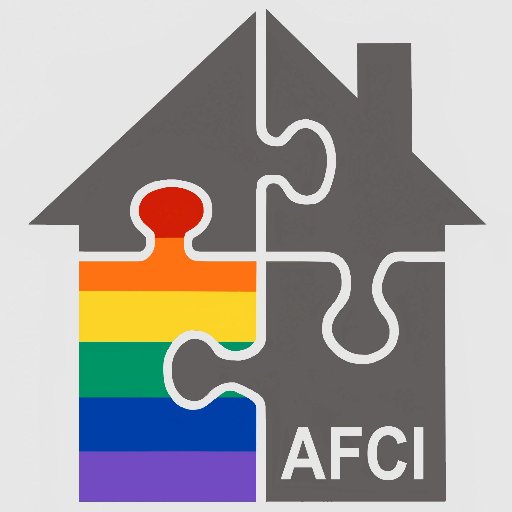The Parental Role
When a child comes out, your response matters.
What lesbian, gay, bisexual or transgender children fear the most when they come out is losing their family and friends.
HOW WILL YOU RESPOND?
Your child has revealed something that is deep, profound, and intimately important. Coming out to a parent is a show of trust and a desire to remain in a relationship. Now more than ever, your child needs you.
You want the best for your child. How can you provide your best during this most difficult time? How will you respond?
This is an opportunity to build a stronger relationship. For some parents, it may initially be difficult, for others, it may be painful and long; and yet for some, the process is easier.
There is substantial research about the effects of parental reaction to a child’s coming out.
Gay, and transgender young adults who reported high levels of family rejection during adolescence, compared to those who were not rejected, were:
- 8.4 times more likely to report having attempted suicide
- Almost 6 times more likely to report high levels of depression
- 3.4 times more likely to use illegal drugs and alcohol
- 3.4 times more likely to report having engaged in unprotected sexual intercourse
Furthermore, as adults, gay and transgender people who were rejected when they were young, are far more likely to develop behavioral, psychological, physical, learning and interpersonal problems.
The following videos talk about how to be an LGBTQ+ ally.
How to be an ally to a transgender person.
Now, what can you do?
For yourself: Tell a trusted friend, find a support group, learn as much as you can about sexual orientation and gender identity. Do not worry if you do not understand, we are all in the process of learning.
For your child: Be available, be patient with him or her and take time to actively listen.
What can you say to your child when you do not know what to say?I love you. You will always be my child. I don’t understand but I want to learn more.
You can show your support by being respectful and available. Focus on your relationship. Look for opportunities to have discussions, and in those discussions try to listen more and answer less.
A story about acceptance.
Have you ever been afraid of sharing something personal with a friend or family member? Have you ever felt different or excluded in any way?

